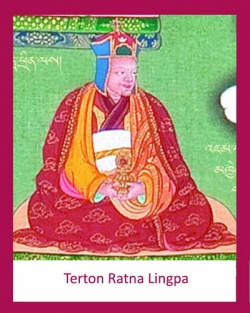Asti
"asti" "being" asti' of the Sarvastivadins is something different from what has been said above. It is a fact that the Sarvastivadins offer a list of seventy two dharmas under the heads:
(ii) Mind (Citta) ; Mental states (Caitasikas) ; and Non-mentals {Citta-viprayuktas)
By all exists" (sarvam asti) the Sarvastivadins mean existence of concepts of past, present and future (trikalasat) and not the eternal existence of phenomenal objects or of their minutest elements, which also are impermanent but not as false as a mirage or objects seen in a dream.
It is through the realization of their impermanence and making one's mind completely free from the notion of existence of phenomenal objects that an adept can attain emancipation.
Hence, the Sarvastivadins do not really mean that all objects are real and exist eternally.
Khanikatta (Ksanikatva): The Buddhists qualify impermanence (anityata) with momentariness (ksanika), i. e., the phenomenal objects are subject to change every moment, and within one moment take place origin (tttpattt), duration (sthiti) and decay (vinasa).
As against this contention of the Buddhists, it is argued that momentariness cannot be directly perceived and further it leads to the admission of the absence of any cause (ahetukatva for the origin of the second moment, because the first momentary existence disappears then and there and cannot be effective in producing the second momentary state.
11 The counter-argument of the Buddhists is that momentariness cannot, it is true, be established by direct perception but it should be noted that momentariness is the characteristic nature (svabhava) of effectiveness (arthakriyakaritva).
By momentary cessation of an object is meant the absence of immediately preceding state (svadhikarana-samaya-prag-abhava).
If momentariness as explained above be not admitted, then an object would remain the same for more than one moment, and the object that produces an effect in the present would also produce the same effect in the past and future and would be subject to the fallacy that there could not be an accomplished effect (krta-karita) of an object, in other words, the purpose of an object would not be served.1*
11 Cf. Brabmasutra, II. 2.20: S'cFCtcTT^ ^ ljf' ft^TT^ I
12 Cf. Bertrand Russell, Mysticism and Logic, p. 185: Cause cannot have a duration......the cause after existing placidly for some time should suddenly explode into effect......is illogical. Again, cause cannot be static,

